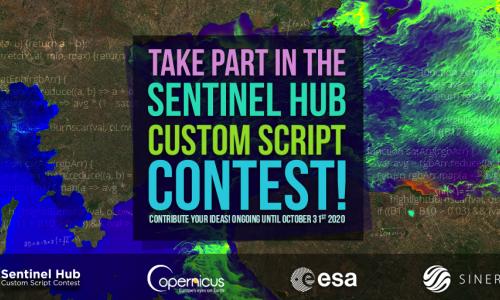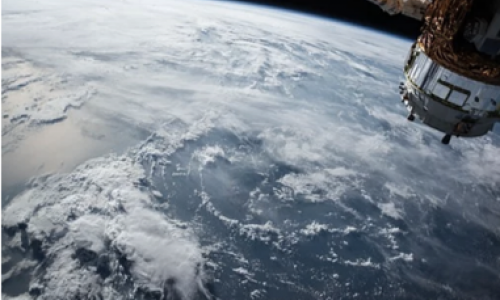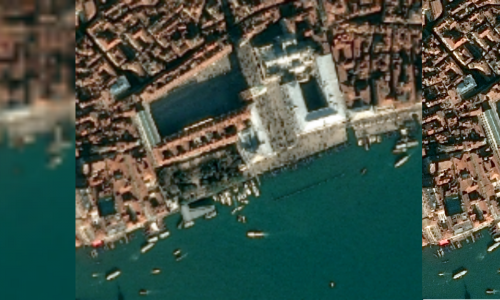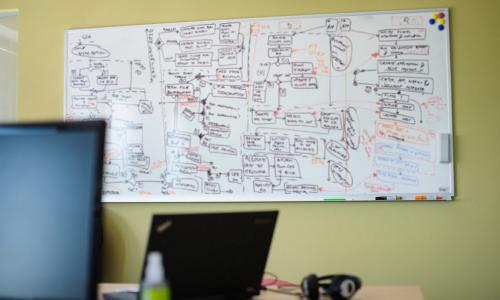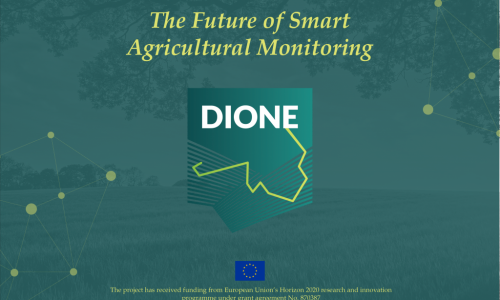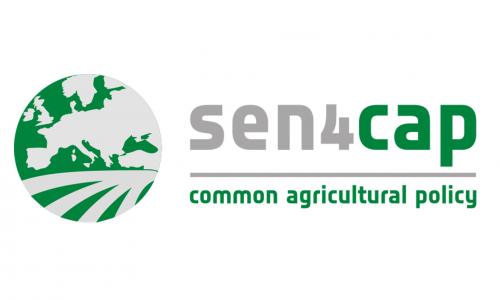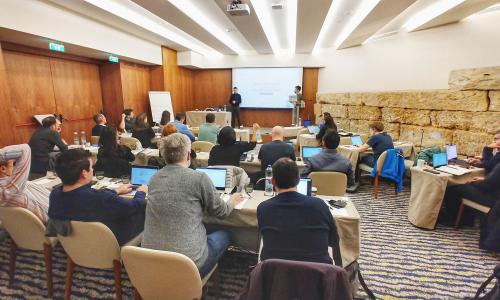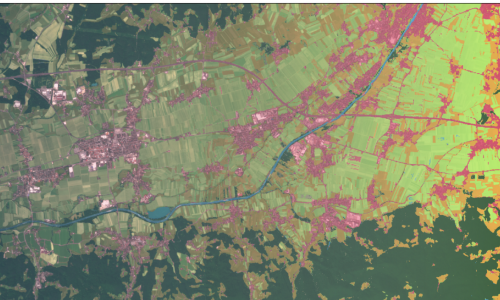The success of the series motivated us to continue with the third edition of the Contest, starting on 4th August 2020. Although you will have time to submit your scripts until 31st October 2020, we would like to encourage you to make an early bird submission before 20th September. The third round of the Contest is introducing a new optional challenge, with dedicated prizes.
News
Improved safety, efficiency, and a lower environmental impact – ambitious EU project combines research and business to reshape Europe’s mining industry
The European Commission has granted EUR 8.4 million to a three-year H2020 project that develops an artificial intelligence platform for the monitoring and analysis of mine sites across Europe. The project, called Goldeneye, will develop solutions that improve safety, environmental impact and profitability of mines by creating a platform that combines earth observation technologies with on-site sensing.
The coronavirus COVID-19 pandemic has virtually paralyzed daily life as we know it. Even when the spread of this highly infectious disease has been halted, the world will face huge challenges getting back to ‘normal’. Therefore, we are calling for remote sensing experts, machine learning scientists and the interested public to contribute ideas and share them through the Euro Data Cube COVID-19 Custom Script Contest.
We are delighted to launch a new service providing easy access to very high-resolution data, starting with Planet and Airbus and expanding to others soon. The staged roll-out started at the beginning of April and things are running smoothly - we have ingested more than 20 000 km2 already.
Sentinel Hub VAS GmbH, a subsidiary of Sinergise, is opening a permanent office in Graz / ESA BIC Austria, close to several other space start-ups, starting with a team of 3-5 young enthusiasts in remote sensing, in order to widen the reach of the Copernicus Masters award winning satellite imagery processing service, Sentinel Hub.
The EU-funded DIONE project has officially started with the kick-off meeting in Athens, Greece on January 27-28. DIONE will offer a unique fusion of innovative technologies that will improve the workflow of agricultural monitoring. It aims to develop a direct payment controlling toolbox for paying agencies to follow the modernized Common Agricultural Policy (CAP) regulations.
The Sentinels for Common Agricultural Policy - Sen4CAP hands-on training held on January 22-23 and hosted by the Université catholique de Louvain in Louvain-la-Neuve, near Brussels in Belgium, is announcing the project’s final stage. It was a pleasure to participate in successful training where the participants learned how to install and use the open-source Sen4CAP system in the cloud.
Geospatial data is the cornerstone of any application, service, and product even remotely related to our physical surroundings. Despite its significance for our Data Economy there is a gap between policy intentions and subsequent industrial uptake. This status quo demands an EU-wide intervention targeted on delivering a Digital Single Market for industrial geospatial data. It will be delivered within the OpertusMundi project.
Last year we have introduced eo-learn which aims at providing a set of tools to make prototyping of complex EO workflows as easy, fast, and accessible as possible. After our introduction of eo-learn, the trilogy of blog posts on Land Cover Classification with eo-learn has followed. In this article we are highlighting all.
After the successful Sentinel Hub Custom Script Contest organized in Spring, we have launched the second round on October 15th 2019.
Write a custom script for the Sentinel Hub EO Browser and win attractive prizes. We strongly encourage the participation of students, who will compete for a special prize.

